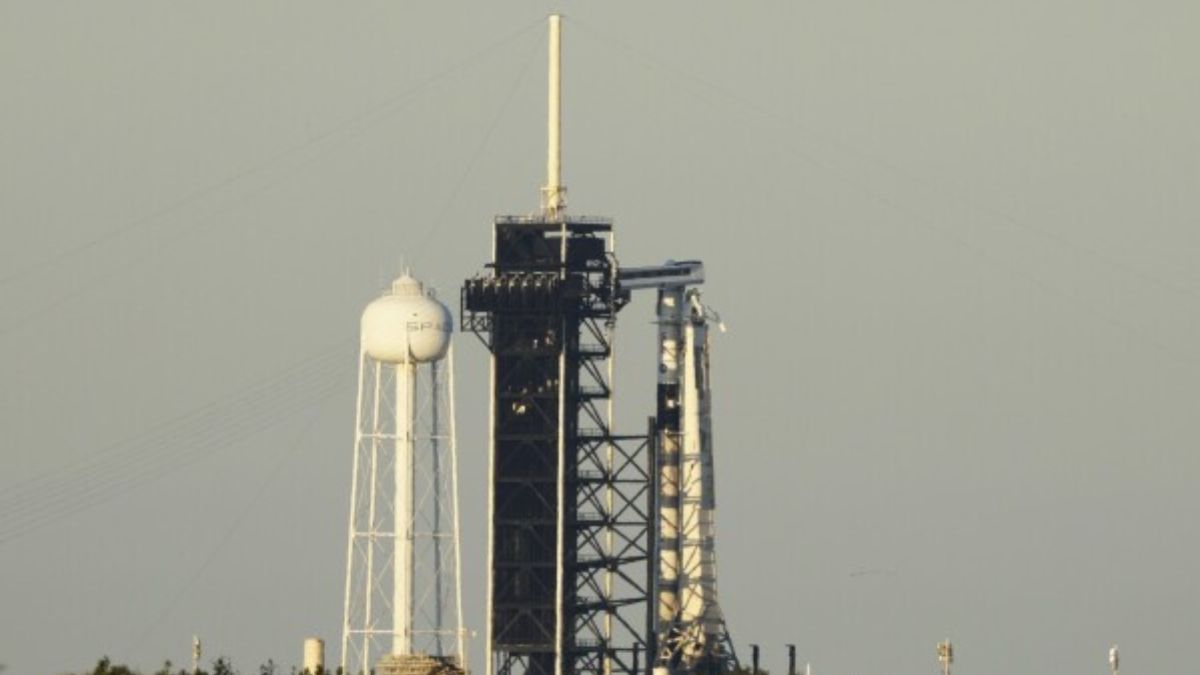India ascends: ISRO takes centre stage in historic Ax-4 missions to the International Space Station

The Indian Space Research Organisation (ISRO) is once again capturing the nation's imagination, reaching for the cosmos with ambitions as boundless as space itself. The upcoming Axiom Mission 4 (Ax-4), aiming for a launch no earlier than May 2025, is a private astronaut mission to the International Space Station (ISS), facilitated by Axiom Space. In this mission, ISRO is not merely a participant: it is a key scientific contributor, working with global partners like NASA and the European Space Agency (ESA).
Ax-4 is set to be the most research-intensive mission undertaken by Axiom Space to date, featuring a payload of approximately 60 scientific experiments, with contributions pouring in from around 31 countries. Seven of these cutting-edge experiments are spearheaded by ISRO, highlighting India's significant role in the mission and demonstrating a deep commitment to addressing the fundamental challenges of human space exploration. These experiments span critical areas vital for enabling longer stays in space, potentially benefiting life back on Earth.
ISRO is also tackling the vital challenge of sustenance in space. The 'Space Microalgae' project, conducted alongside NASA and Redwire, will study the growth, metabolism, and genetics of three edible microalgae strains. These tiny powerhouses, rich in nutrients, could become a sustainable, grow-your-own food source for astronauts on long voyages, reducing reliance on costly resupply missions. Parallel to this is a study on cyanobacteria with the ESA, exploring how these photosynthetic microbes could be integrated into life support systems to produce oxygen and manage carbon dioxide essential for creating self-sufficient habitats beyond Earth.
“Astronaut health is paramount, and ISRO is addressing the persistent issue of muscle atrophy in space. The 'Muscle Regeneration' experiment, alongside NASA and BioServe Space Technologies, delves into the molecular pathways causing muscle weakening in microgravity, seeking therapeutic interventions. Success here could maintain astronaut fitness on missions to the Moon or Mars and potentially translate into treatments for muscle-wasting diseases on Earth,” explained space expert Girish Linganna.
In addition to that, ISRO is investigating how essential food crops germinate and grow over multiple generations in space through two "Sprouting Salad Seeds" experiments, again with NASA and BioServe, assessing genetic stability and nutritional value–critical knowledge for future space farms.
Another interesting experiment—conducted by ISRO in conjunction with NASA and Voyager— involves studying the incredible resilience of tardigrades – near-indestructible microorganisms – examining their survival, reproduction, and gene expression in space. Unlocking the secrets of these "water bears" could yield breakthroughs in protecting humans from the harsh space environment and potentially lead to novel biotechnologies on Earth.
Beyond the experiments, Ax-4 carries immense national pride as Indian Air Force fighter pilot and ISRO astronaut, Group Captain Shubhanshu Shukla, will serve as the mission pilot. A seasoned test pilot with extensive flight experience, he recently completed rigorous training alongside his crewmates at NASA. He is poised to become the first Indian citizen to visit the International Space Station and only the second Indian citizen in space, following Wing Commander Rakesh Sharma's historic flight aboard the Soviet Soyuz T-11 to the Salyut 7 station back in 1984. Group Captain Prasanth Balakrishnan Nair stands ready as the backup pilot, underscoring India's preparedness.
Shukla joins a distinguished international crew led by Commander Peggy Whitson (USA, Axiom Space), a veteran NASA astronaut holding the US record for cumulative time in space. Mission Specialists Sławosz Uznański (Poland, ESA) and Tibor Kapu (Hungary) complete the four-person team undertaking this approximately 14-day mission aboard a SpaceX Crew Dragon spacecraft.
This mission is also a vital precursor for ISRO's own ambitious human spaceflight program, Gaganyaan. The experience Shukla gains operating within the ISS environment, adapting to microgravity, conducting complex experiments, and working within international protocols will be invaluable. As one of the astronauts already designated for Gaganyaan, his first-hand knowledge will directly feed into India's preparations for launching its own crew into orbit, demonstrating indigenous capability. Ax-4 provides a crucial stepping stone, allowing ISRO to refine procedures and build confidence before the maiden Gaganyaan flight.
The flight also underscores the evolving landscape of space exploration, where commercial providers like Axiom Space create new pathways to orbit, enabling nations like India, Poland, and Hungary to accelerate their human spaceflight and research programs through international collaboration. It highlights ISRO's position as a respected global partner, contributing significantly to the collective endeavour of advancing human presence and knowledge in space.
Sci/Tech